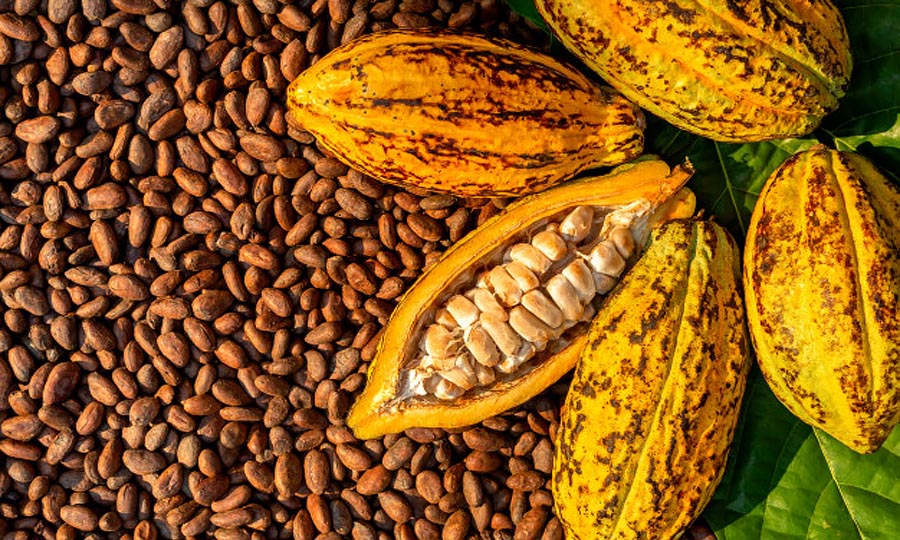As Nigeria battles with the negative effects of the crash in oil prices, a silver lining is appearing on the horizon. Cocoa prices staged a rally on Friday after weeks of falling prices.
Cocoa is among Nigeria’s leading agricultural exports and constitutes 2% of its exports annually. It is the country‘s third largest export after crude petroleum, and liquefied natural gas, thus a sustained price increase will immensely help local industries.
What the data says: In recent days, cocoa futures has gained over 6%, week to week, ranging from $2250 to settle at $2,357.50 as at 18th April 2020.
Looking at the chart, cocoa futures price appears to have made a small double bottom, with solid support in the $2200 range about a week ago.
(READ MORE: FG repositions cocoa industry to benefit from $67billion global market )
The chart pattern shows cocoa traders that cocoa has passed the support level and broken the short-term resistant level of $2300; showing a bullish candle forming on the daily chart.

Reports tracked by Nairametrics indicate heavy downpour of rain in most parts of Cote d’Ivoire (where 40% of cocoa worldwide is exported from) has helped to boost the volume and quality of cocoa beans.
Cote d’Ivoire is entering the rainy season, which typically falls between mid-March and ends in late October 2020. Unfavorable climatic conditions such as drought, reduces the value of cocoa beans.
Despite the price spurt, revenue projections remain gloomy, according to analysis from the Nigerian Export Promotion Council. “Agricultural exports, especially cocoa, are predicted to suffer. A fall in exports of over US$100 million in the cocoa sector in Nigeria is predicted as a result of declining prices due to falling demand in Europe,” the council reported.
(READ MORE: Sesame, Cocoa, Cashew gross $84.97million – AFEX report)
What this means: Though not as significant as Cote d’Ivoire, Nigeria plays a leading role in the cocoa industry, covering 6.5% share of global production of cocoa.

Nigeria is also the fourth largest exporter of cocoa beans globally, behind Côte d’Ivoire, Ghana, and Indonesia, according to the National Export Promotion Council. Cocoa exports in Nigeria is projected to grow annually by 4% in the coming years.
These export earnings from cocoa, if invested properly, could further help Nigeria reduce its reliance on crude oil, which makes up a large junk of its export earnings (about 90% Est), and minimize the impact of oil price swings to its economy.
However, since the caseloads of COVID-19 keep increasing and lockdowns around most parts of the world remain, agricultural commodities markets will be a bit volatile.
















Nice
My name is Tope please can we work together